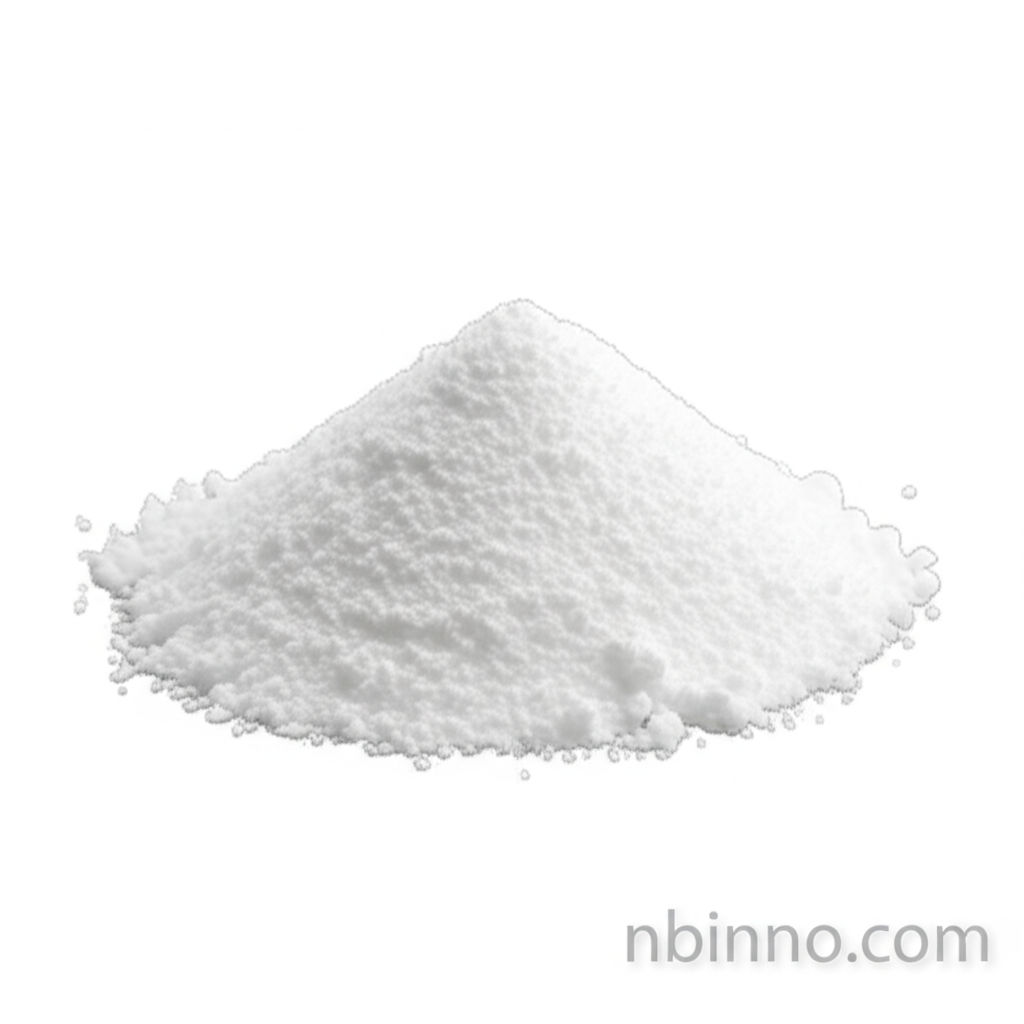Bufotalin: A Comprehensive Guide to Its Properties, Applications, and Research Significance
Explore the intricate details of Bufotalin, from its chemical composition to its groundbreaking research implications.
Get a Quote & SampleProduct Core Value

Bufotalin
Bufotalin (CAS 471-95-4) stands out as a significant steroid lactone, primarily known for its potent biological activities. Extracted from toad venom, this compound has garnered considerable attention in the scientific community for its anti-cancer properties, its ability to induce apoptosis in various cell lines, and its function as an immunosuppressor and Na+/K+-ATPase inhibitor. Its complex chemical structure and multifaceted biological effects make it an invaluable tool in pharmacological research and the development of novel therapeutic agents.
- Leveraging Bufotalin anti-cancer activity, researchers explore novel treatments for various malignancies.
- Studies on Bufotalin apoptosis induction reveal mechanisms crucial for targeted cancer therapies.
- Understanding Bufotalin Na+/K+-ATPase inhibitor function is key to cardiovascular and cellular research.
- The compound serves as a vital reference standard for quality control in natural product research.
Key Advantages
Research Versatility
As a well-characterized natural product, Bufotalin is widely utilized as a reference standard, aiding in the precise identification and quantification of bioactive compounds in complex biological matrices. Its established Bufotalin chemical structure further supports its reliability in diverse research settings.
Therapeutic Potential
The demonstrated Bufotalin anti-cancer activity and potent immunosuppressor properties position Bufotalin as a promising candidate for drug development, particularly in oncology and autoimmune disease research.
Mechanistic Insights
Investigating Bufotalin apoptosis induction provides critical insights into cellular death pathways, enabling the design of more effective cancer therapies that target these mechanisms.
Key Applications
Pharmacological Research
Bufotalin is extensively used in pharmacological studies to understand its mechanisms of action, including its effects on cell cycle arrest, mitochondrial function, and signal transduction pathways, such as those involving caspases and AIF.
Anti-cancer Studies
Researchers utilize Bufotalin's demonstrated anti-cancer effects to investigate its efficacy against various cancer types, particularly liver cancer and osteosarcoma, often exploring its role in inducing apoptosis and inhibiting tumor growth.
Immunology Research
As a potent immunosuppressor, Bufotalin is studied for its potential in managing autoimmune diseases and preventing transplant rejection, by modulating immune cell responses.
Reference Standard
With a verified purity and CAS number (471-95-4), Bufotalin serves as a crucial reference standard for analytical chemistry and quality control in the production of natural product-derived pharmaceuticals.
